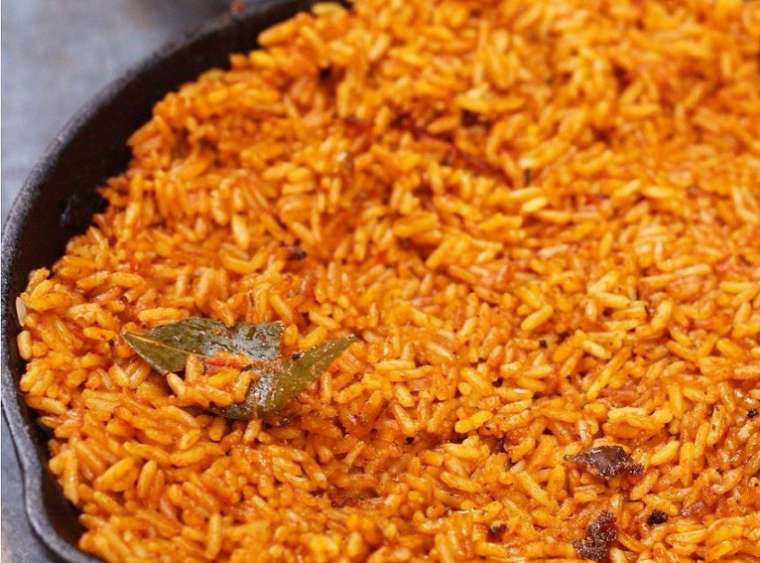
Overtime, our shores have served as some kind of 'dump site' where certain substandard goods are deposited. Our vulnerabilities- with majority of the population living below the poverty line and literacy level- appeared to be played upon by the outside world. Although this time around, we (Africans) are not alone as the markets of other countries [such as India, Vietnam, Indonesia and so on] have been flooded by 'plastic' rice.
While we are still looking to break free of the over dependence on processed rice which on its own, has been deprived of the main nutritional component, we get encumbered by the fake rice which poses a profound health threat. Since we hardly give rapt attention- as we often get overwhelmed by getting satiated- to the nutrients we get from the foods we eat, the producers of this fake rice might have thought they are on their way to hitting a goldmine at the detriment of people's well-being.
Dangers associated with the ingestion of plastic rice
Before delving into the health implications of this fake rice, I will like to highlight its components:
Potatoes
Synthetic resin (specifically Polyvinyl Chloride): This is used in the production of plastic and can get softened with the application of heat. The low cost of PVC production makes it a logical choice to use in the production of plastic rice.
Dibutyl phthalate (DBP): DBP is a plasticizer. Plasticizers are the compounds that are response for the imposition of flexibility and durability upon the materials on which they are used. DBP has a boiling point of over 300°c- an indicator to the relative hardness of plastic rice even after it has been cooked.
Eating plastic rice once or twice in a lifetime may not be life threatening but the bio-accumulation and/or the diffusion of the components of this rice within the body could lead to the following:
Hormonal imbalance/disturbance: Hormones are natural substance produced in the body and they influence the physiology of our body.
DBP has been known to upset the synthesis and functionality of hormones and this can lead to:
developmental defects such as infertility, mutations and even birth disorder
Life threatening diseases like cancer, diabetes and obesity
Mental disorders
Respiratory system disorder
Liver damage
Kidney damage
Gastrointestinal discomfort: The actuality that 'plastic' rice remains relatively hard after cooking [and coupled with the fact that individuals seldom masticate food before swallowing] makes digestion an insurmountable task. Furthermore, the human digestive system has not been set up to breakdown these materials (DBP and PVC) which are usually soluble in certain solvents- not water. Hence, upon ingestion, plastic rice ends up being a menace within the digestive system. The regular intake of this rice could cause diarrhea, headache and dizziness.
The human body system has often been subjected to the ingestion of chemicals, whether directly [through food, smoking and alcohol intake] or indirectly [through environmental pollution] but this (production of plastic rice) is rather too daring and inhumane- a crime against humanity. Information on the major producers might still be sketchy but the propagation of this rice type should be checked and human rights groups, along with the whole of human race must raise a voice against the proponents of plastic rice.